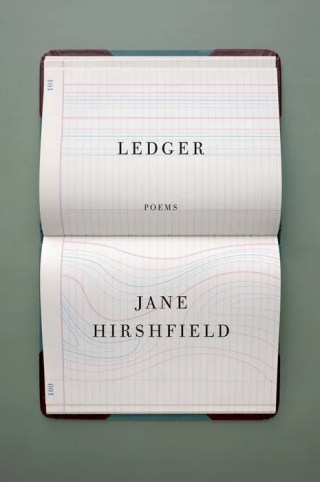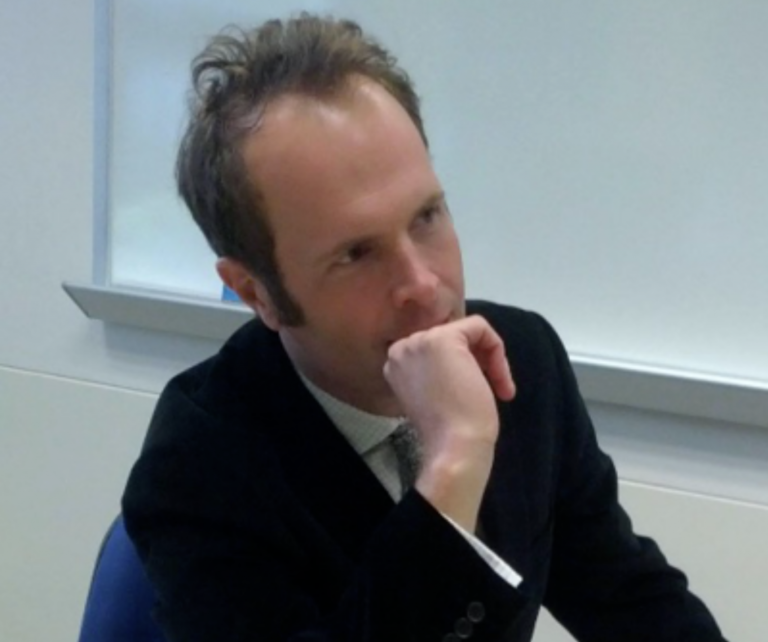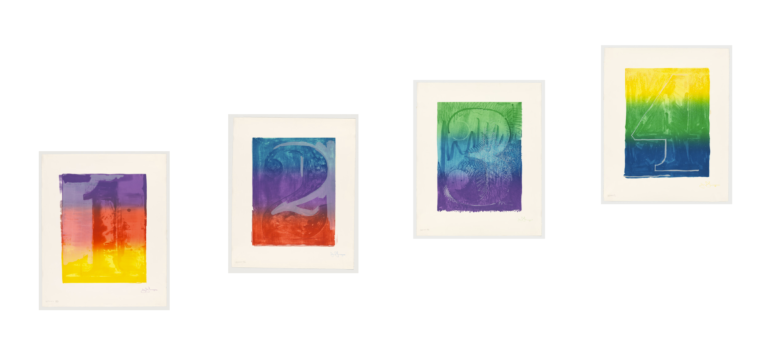While the death of a loved one can make the notion of moving on unfathomable at first, it also makes it, by definition, inevitable — there is no other recourse, for such loss is unambiguous and irreversible. But there is a species of grief, spawned of a type of loss that is more ambiguous and elastic, that muddles the notion of moving on into an impassable and disorienting swamp: the cyclical grief of loving someone on the grounds of their highest nature and watching them fall short of it over and over, in damaging and hurtful ways, which you excuse over and over, because of their impassioned apologies and vows of reform, or because of the partly noble, partly naïve notion that a truly magnanimous person is one who always has the breadth of spirit to forgive — a notion rooted in a basic misapprehension of what forgiveness really means.
Those dynamics — and how to break them with dignity, mindfulness, and emotional maturity — is what the soulful philosophical writer and School of Life founder Alain de Botton examines in one of his animated essays exploring the beautiful complexity of human relationships:
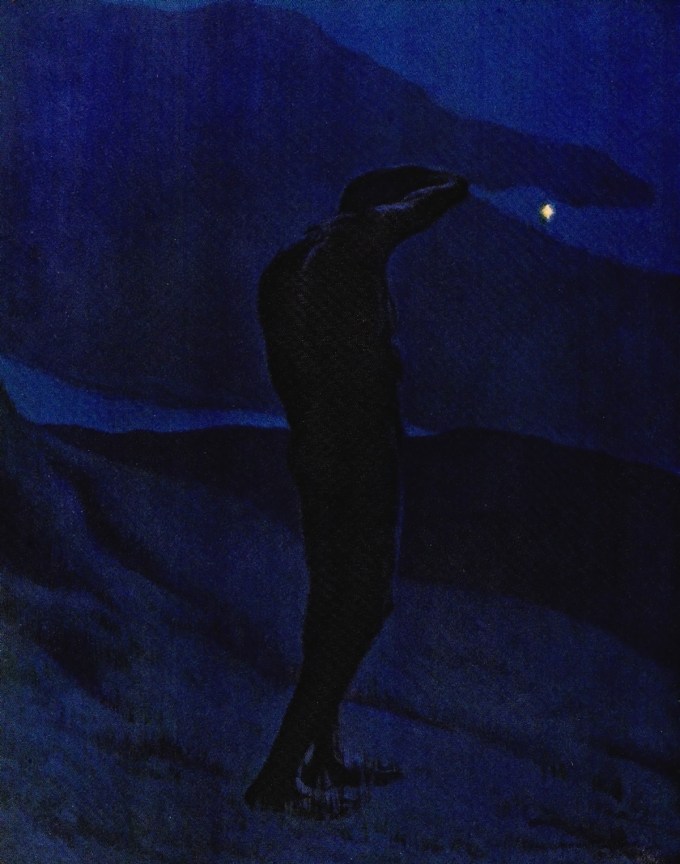
[embedded content]
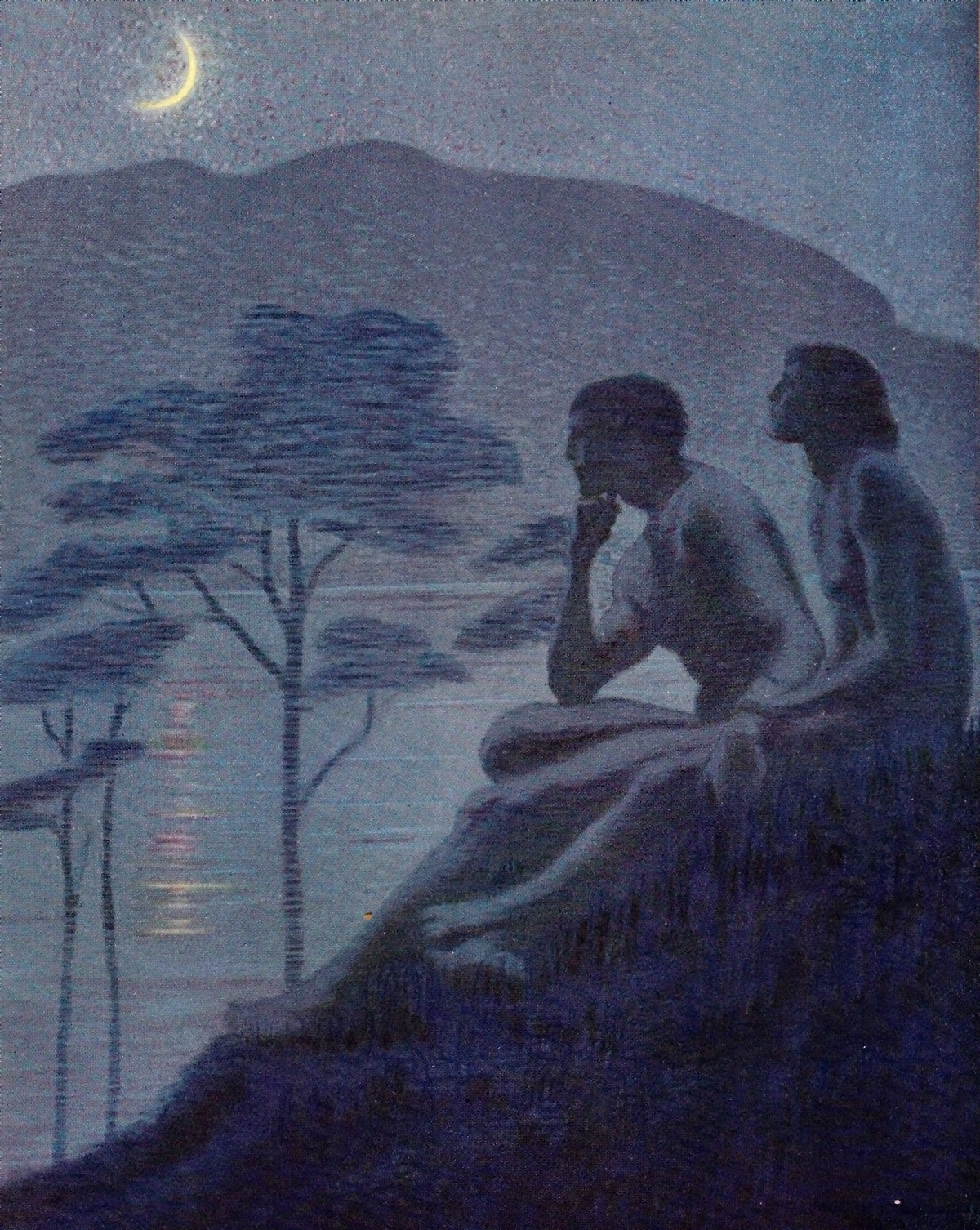
A decade earlier, a young Swiss psychologist traversed the Atlantc to begin a new life in America. Watching the migratory geese from the salt-stained railings of her own migratory vessel, she wrote in her journal: “How do these geese know when to fly to the sun? Who tells them the seasons? How do we, humans, know when it is time to move on?” Elisabeth Kübler-Ross would go on to revolutionize our understanding of what it means and what it takes to move on through her epoch-making 1969 model of the five stages of grief.
Because the unwillingness to walk away from a hurtful person is rooted in the belief that people change, the predicament gnaws at the fundaments of human nature and our ongoing effort to better understand what we are made of. Because relationships are the most fertile crucible of growth and transformation, because decades of research into psychology and the science of limbic revision have demonstrated that “who we are and who we become depends, in part, on whom we love,” this wager we place on the prospect of change is a transcendently optimistic belief. It is also a dangerous belief, for optimism can often metastasize into willful blindness. (To say nothing of the counterpoint possibility that, across a span of time and unfaced trauma, people can change for the worse, their good qualities eroded, for instance, by the twin metastasis of addiction and unhappiness feeding each other as they destroy their host.)
To move on from such relationships is one of life’s most difficult, triumphant feats of maturity — largely because we enter them and stay in them for reasons that far predate the particular person or situation, reasons rooted in our earliest attachments, those formative relationships in which perpetual optimism is both part of a child’s natural innocence and a necessary survival strategy for the helplessness of being in the care of a damaged and damaging adult.
De Botton explores the bipolar pull of the can-people-change question in another animated essay that illuminates the logical fallacies into which emotion drags us:
Mary McCarthy captured the optimism in asking her friend Hannah Arendt: “What’s the use of falling in love if you both remain inertly as-you-were?” Arendt captured the danger in cautioning her against the “crooked corkscrews of the heart” that keep us in painful relationships — a phrase she borrowed from her poet-friend W.H. Auden, who struggled with the paradox himself, oscillating between the aspiration to be “the more loving one” and the lucid awareness that false enchantment can poison a life with its toxic staying power.
[embedded content]
“Across the morning sky, all the birds are leaving,” Nina Simone sang in 1969. “How can they know that it’s time to go?”
Complement with Alain de Botton on what emotional maturity really means, then revisit Shel Silverstein’s sweet illustrated allegory for the secret to healthy relationships.
Perhaps Arendt captured this best — this great paradox and great heartbreak of relationships with unhealed people, this false and dangerous optimism that we can ever love someone out of their trauma — in her observation that “you can’t expect somebody who loves you to treat you less cruelly than he would treat himself.”


